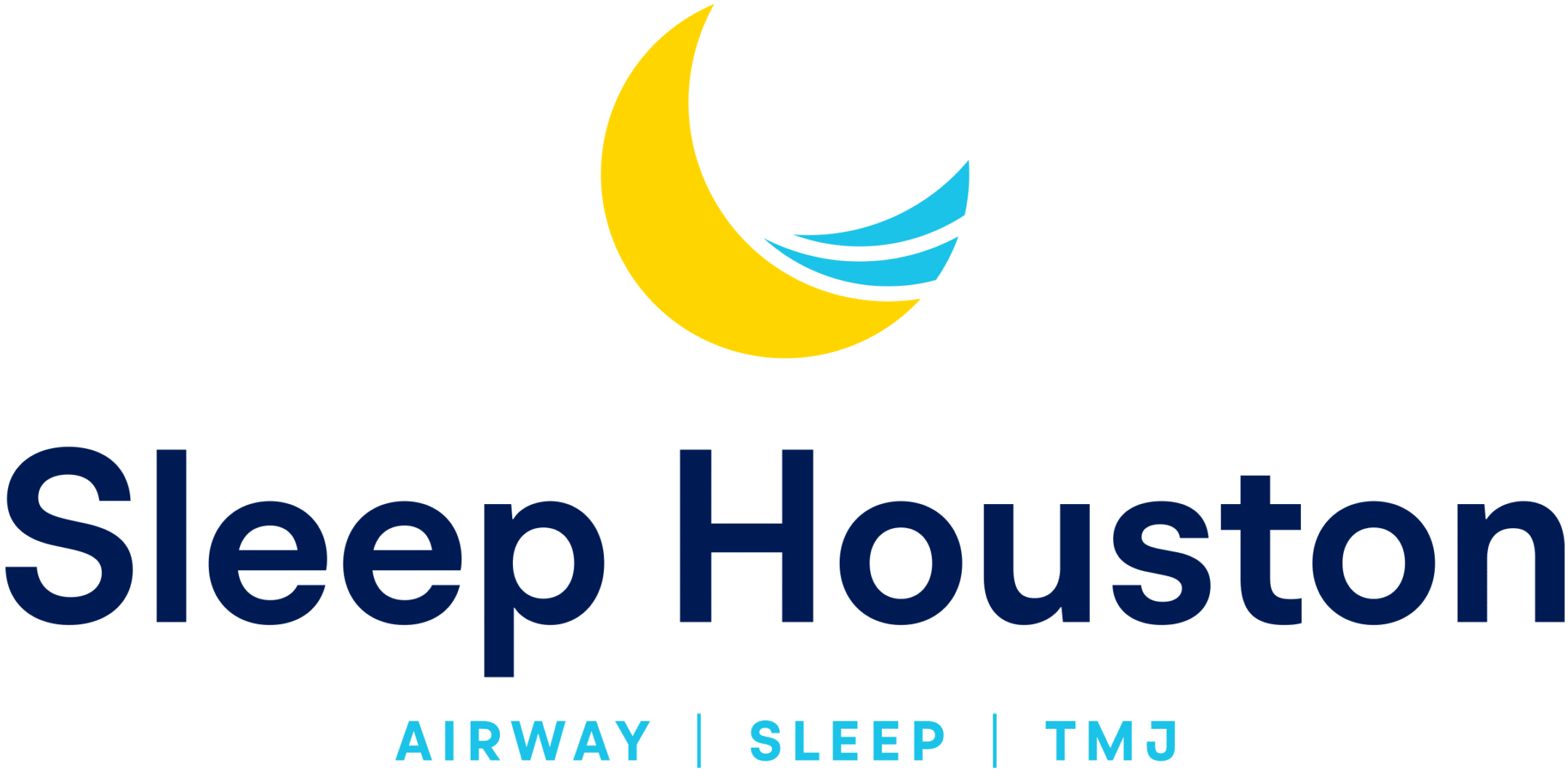The Link Between Sleep Apnea and Obesity
Understanding the Connection
Sleep apnea and obesity are intricately linked. Obesity, especially excess weight around the neck and throat, can lead to the narrowing of the upper airway during sleep. This narrowing increases the likelihood of breathing interruptions and sleep apnea episodes.
Additionally, obesity contributes to other factors that exacerbate sleep apnea, such as decreased muscle tone in the upper airway and increased inflammation. Consequently, individuals who are overweight or obese are at a higher risk of experiencing sleep apnea symptoms.

